
TAGTIK NEWS - TO THE POINT
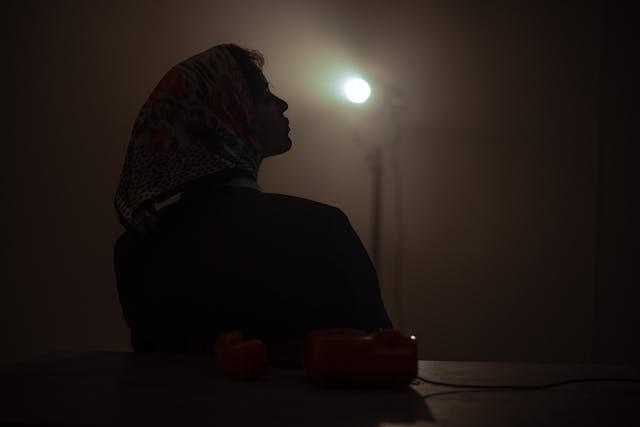
Men, women find themselves in prison or banned
Despite receiving regular awards – most recently a Palme d’Or for director Jafar Panahi – Iranian cinema is highly regarded in movie circles. However, the country is maintaining its pressure on performers. Foremost of these is the popular singer and rapper Tataloo. Earlier this year he was sentenced to death on a series of charges including promoting "prostitution," disseminating "propaganda" against the Islamic Republic, other broadly defined charges of "obscene content" and blasphemy.
Tataloo challenges Western perceptions of Iranian arts and entertainment, which are more vibrant than we realize. Known for his distinctive tattoos and his fusion of rap, pop and R&B, Tataloo had previously found favor with conservative politicians looking to engage Iran’s young, progressive audience.
In 2017, he even took part in a televised meeting with the ultra-conservative Ebrahim Raisi, who later become Iran's president before being killed in a helicopter crash in 2024. Tataloo’s death sentence was recently overturned, but he will stay behind bars for another ten years.
Targeting women singers
Meanwhile, seven female singers were recently summoned by Revolutionary Guard intelligence officers, interrogated, and banned from artistic activities.
The women - Elaheh Ahadi, Mahsan Ehterami, Negin Mansouri Nejad, Azardokht Taherpour, Ramesh Seyed, Mojdeh Nasiri, and Zolfa Jamashiani - underwent a body search by female officers before being interrogated for two hours, according to the Human Rights Activists News Agency (HRANA).
During questioning, they were reportedly asked about their political views and social media content. Some had their mobile phones inspected.
The women were required to sign commitments prohibiting solo singing, attending women’s gatherings, playing musical instruments, and publishing artistic content online.
They were told they could face legal action if they did not comply.
(Michael Leahy. Source: IranWire et al. Photo: Shahin Mren / Pexels)
LATEST NEWS
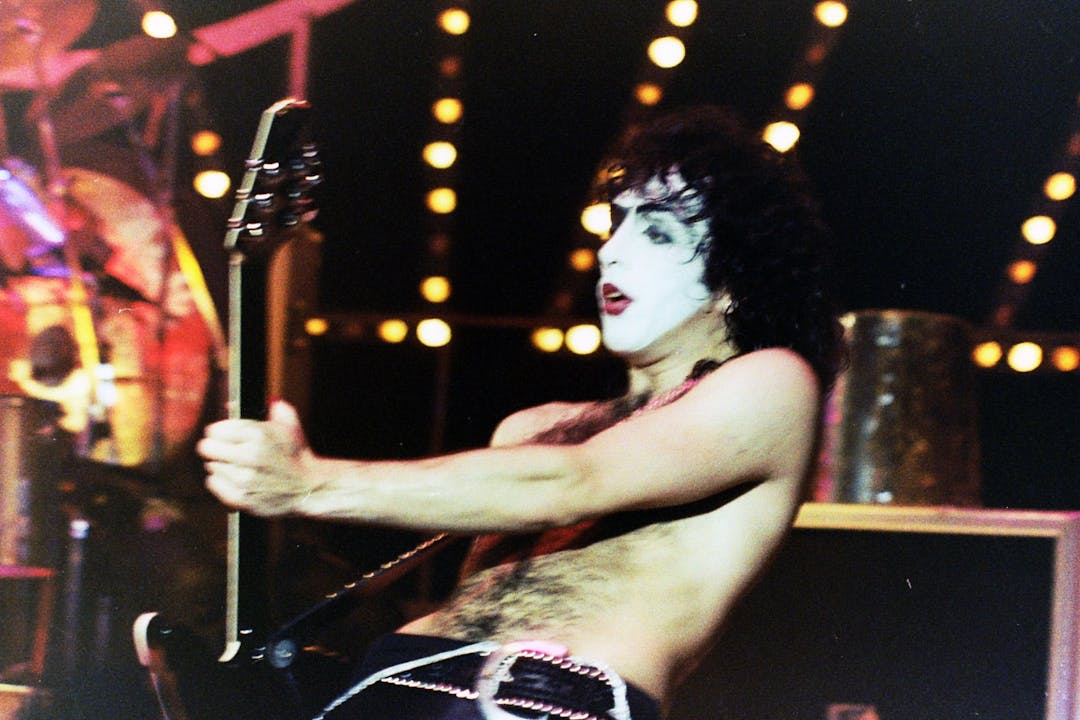
Born on January 20: Paul Stanley (KISS) promises not to touch make-up!
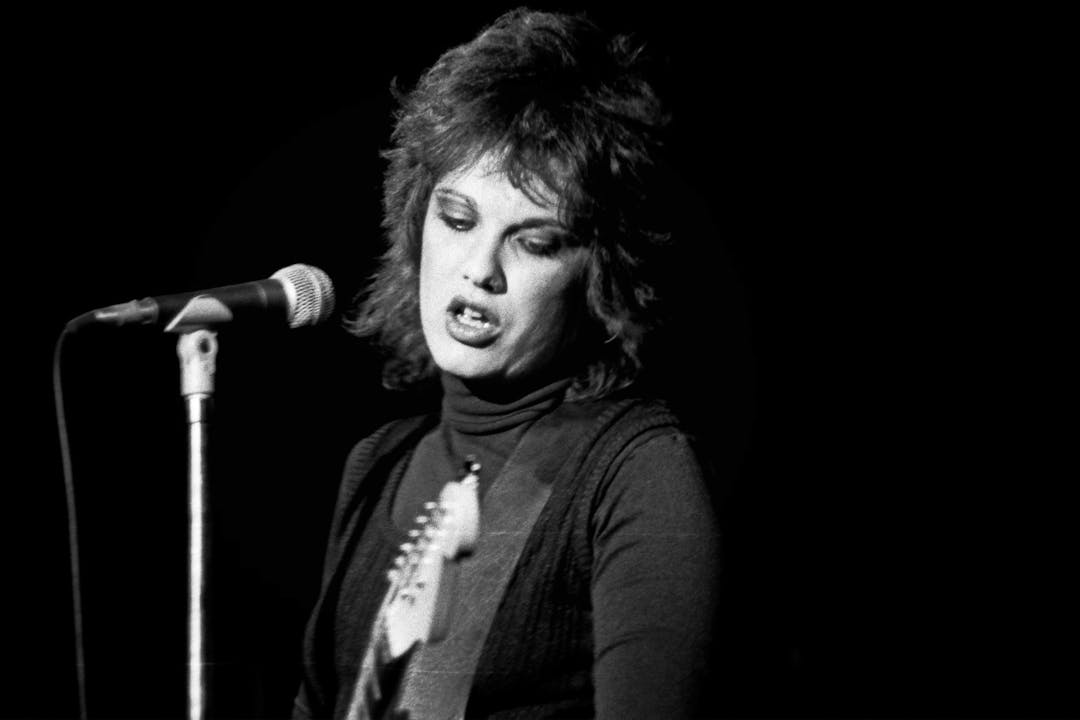
Born on January 19: Martha Davis, the Motels' singer's troubled life
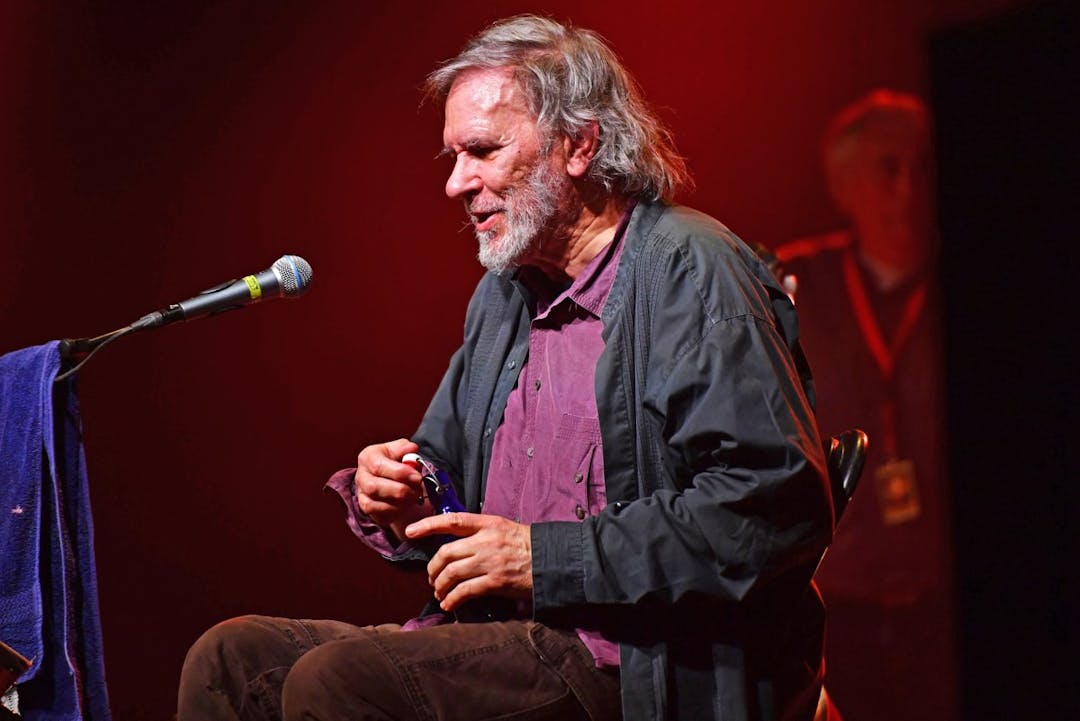
RIP: The legendary Tucker Zimmerman has passed away at the age of 84.
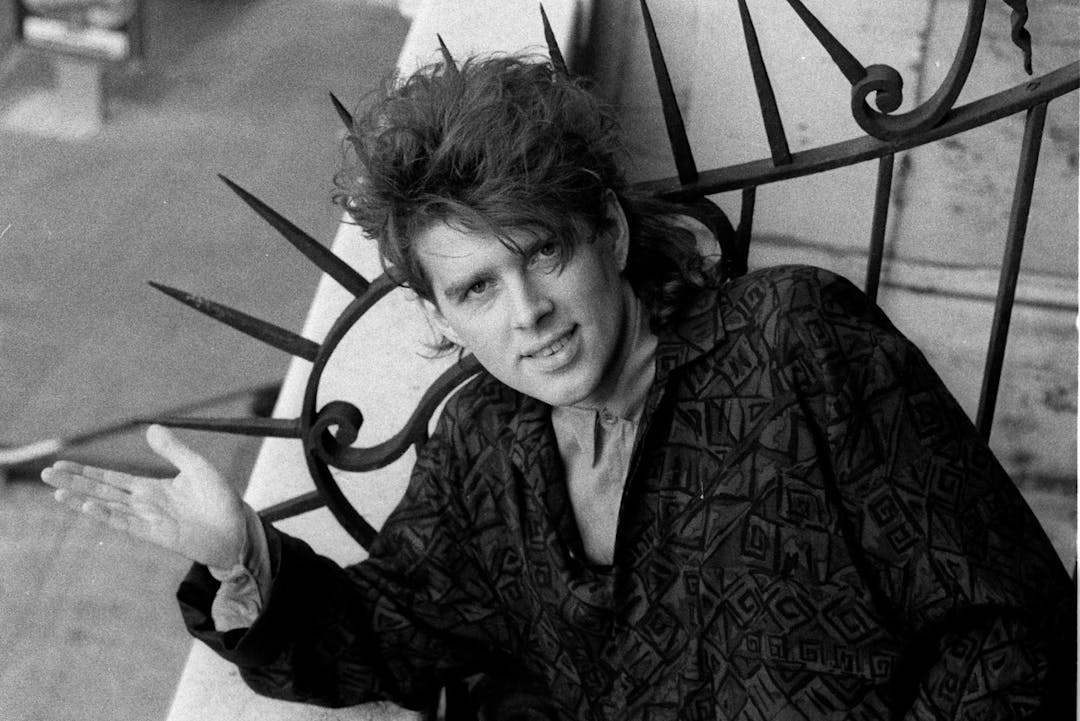
Born on January 18: Tom Bailey (Thompson Twins) always calls his "Doctor! Doctor!"
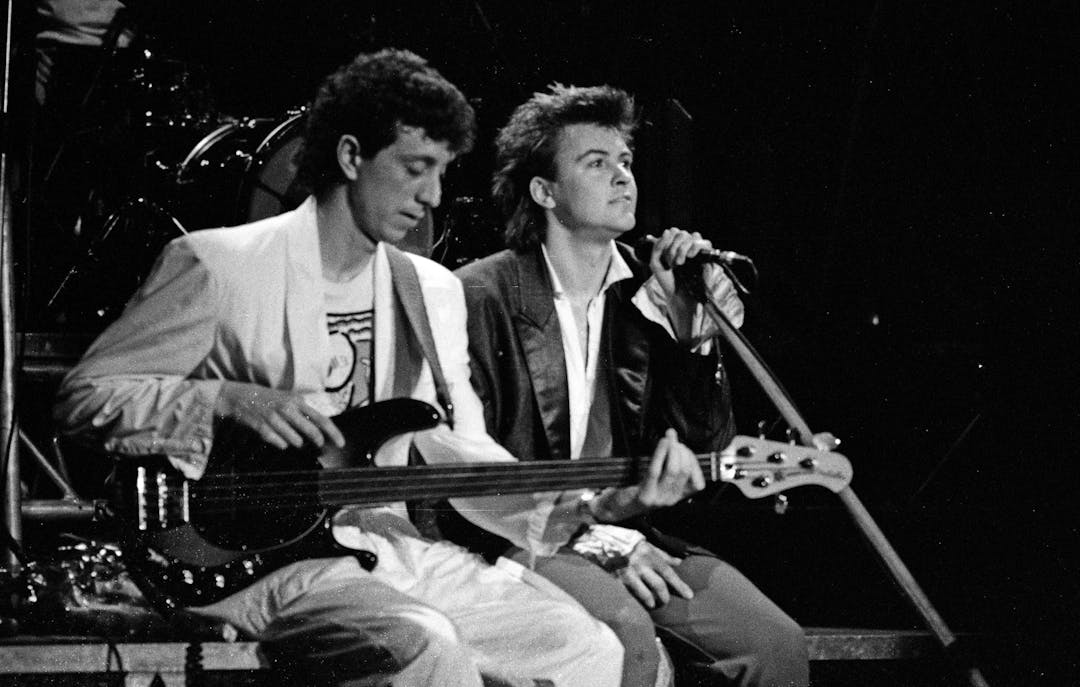
Born on January 17: Paul Young holds on to his crown as king of romantic ballads
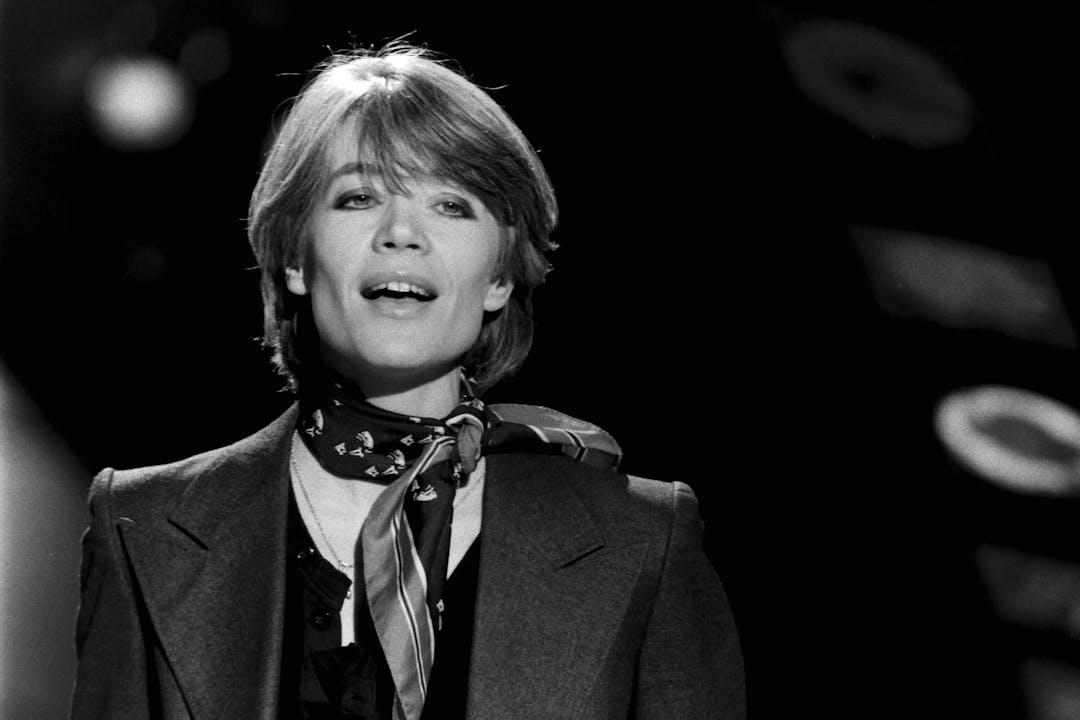
Born on January 17: Françoise Hardy left to find the stars in 2024
Quick links